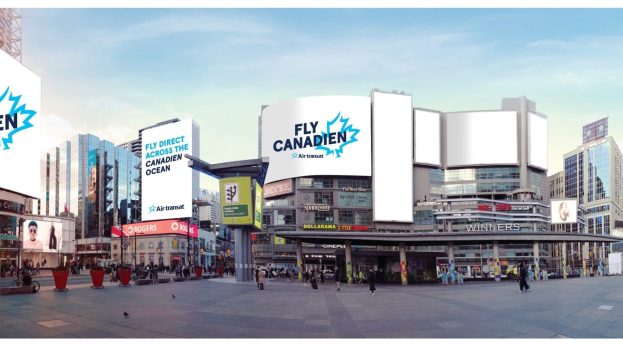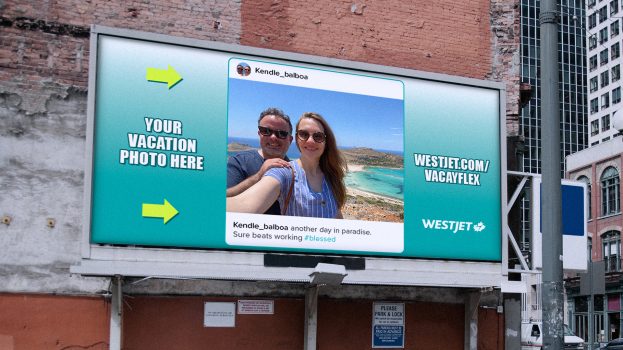A coalition of scientists, healthcare professionals and science communicators has come together to fight fire with fire when it comes to online misinformation about COVID-19 vaccines.
In what the World Health Organization has branded an “infodemic,” almost half of Canadians may believe in one or more COVID-19-related conspiracy theories, according to a study by Carleton University. Many of those theories – and the misinformation that informs them – is circulated online.
“That misinformation is influential to their behaviours with respect to the pandemic,” says Samantha Yammine, a science communicator and the campaign’s social media lead. “We know there is a problem, we know where it’s happening and we realize there needs to be more science that’s intercepting the chains of misinformation.”
Using the hashtag #ScienceUpFirst, a coalition of groups that includes the Canadian Association of Science Centres (CASC), COVID-19 Resources Canada and the Health Law Institute at the University of Alberta, is circulating its own information that is being carefully vetted by scientists. The focus is on presenting “accessible, shareable, accurate and trustworthy” information – primarily in the form of infographics, Yammine says.

The key to the campaign, though, is not just getting the info right, but using social media strategy to ensure the content spreads as quickly as misinformation does. That means making the graphics understandable and shareable, as well as using a campaign hashtag to create a “movement” that spreads the data on their own.
 “The model, knowing how social media works and how exponential it can be, is to really empower those who are passionate about science,” she explains. “We’re giving them the information that they need so they can take it to their networks … We want to start a domino effect.”
“The model, knowing how social media works and how exponential it can be, is to really empower those who are passionate about science,” she explains. “We’re giving them the information that they need so they can take it to their networks … We want to start a domino effect.”
But the approach is still facing a significant challenge, because “there’s a process that needs to be followed,” says Yammine.
“There’s the scientific method on the research side, vetting on the communication side, and then you want to make time for meaningful questions and interactions,” she notes. “People who aren’t truth-telling can go much faster and reach a lot more people with more rhetoric than we are comfortable using.”
The campaign is leveraging the trust Canadians put in each of the institutions participating, to lend greater credibility to the information it is distributing. Yammine remains optimistic the coalition will succeed because “the vast majority of people, especially in Canada, just want to know the truth and what they have to do.”
“It makes sense for us to be involved that way, because we represent one of the largest networks of informal science learning and science communicators in Canada,” adds Marianne Mader, executive director of the CASC. “We’re a trusted network where people go for information, and we know trust is critical in this initiative.”

The campaign also benefits the CASC’s membership, Yammine says, “because they’re already sharing information and education with their audiences, and this is information they know has been vetted and they can share.”
CASC’s membership is made up of institutions like the Ontario Science Centre, Science World, Ripley’s Aquarium, Toronto Zoo and Telus Spark, which have either been closed or had visitor numbers severely impacted at various points over the course of the last year amid COVID-19 safety protocols.
Full vaccination might be the quickest way for those science centres to welcome back visitors again, and while the immediate goal of the campaign is to encourage more people to get the vaccine and ultimately bringing about an end to lockdowns, Mader says there is also a larger ambition that stretches beyond this pandemic.
“The bigger strategy piece here is building connectivity between our research system – our scientists – and our scientific engagement ecosystem, which have been quite disconnected,” she says. “Today, we’re tackling COVID-19 misinformation. But tomorrow, I’m sure there will be some other major, global issue we will be tackling.”
























